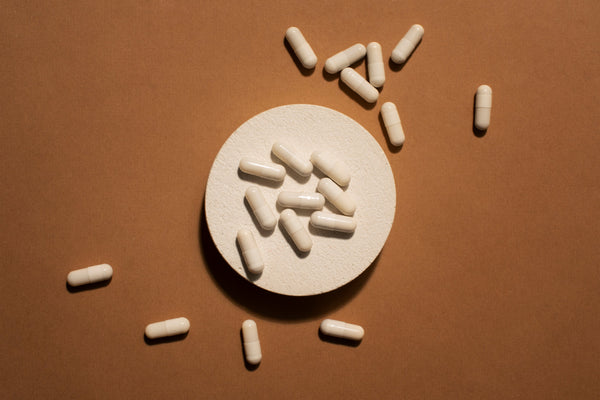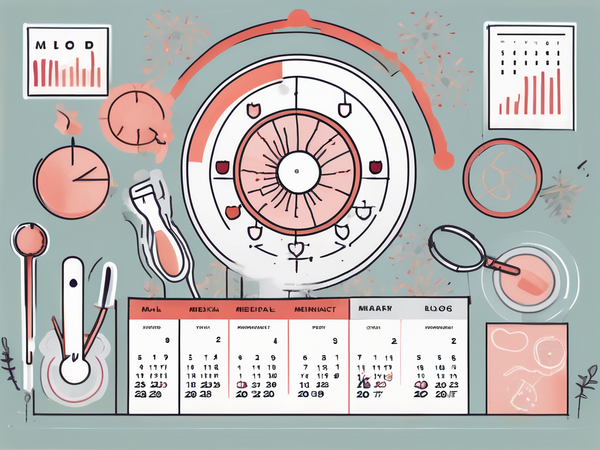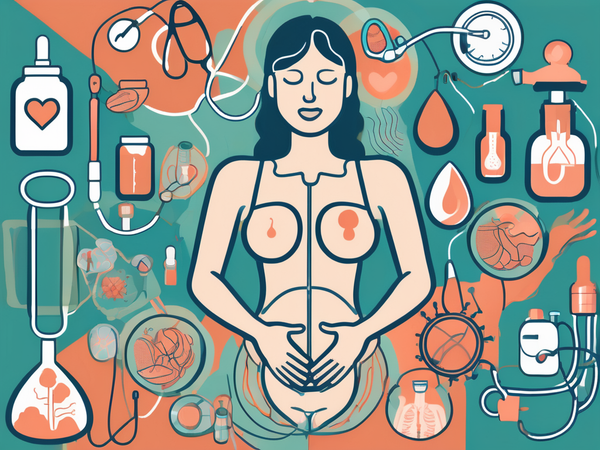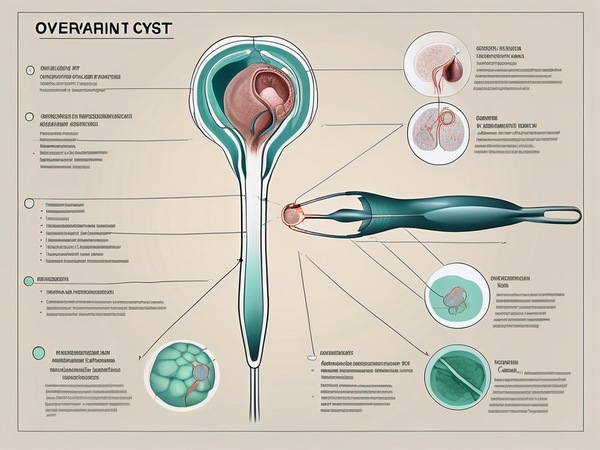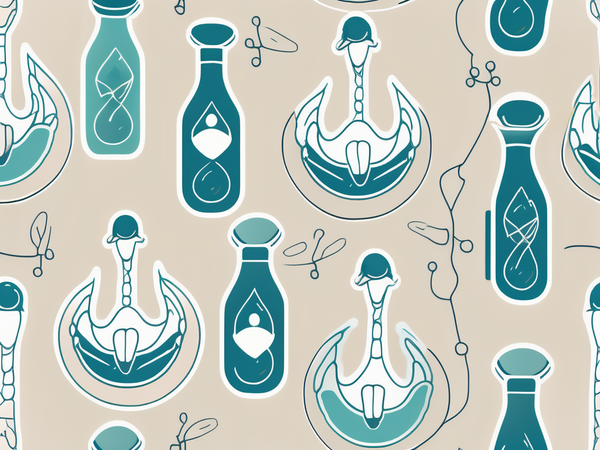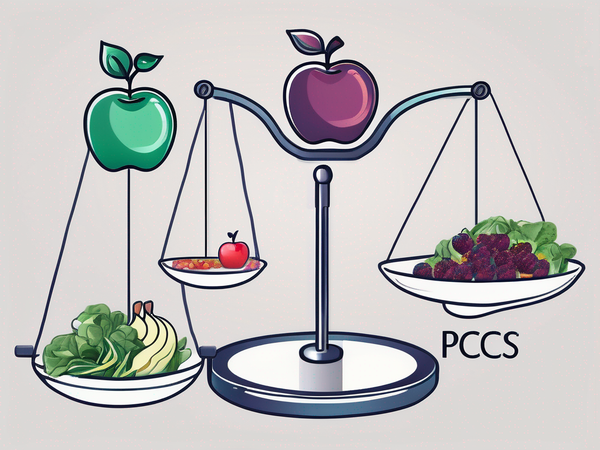What are these 5 things? Well, read along to find out.
In this blog, we'll list some effective tips that you can follow to take care of your post-natal health at home. So, let's get started.
5 Things to Help Take the Best Care of your Post Natal Health
Here are five things that will help mothers take care of their post natal health.
1. Rest as Much as You Can
Whether it is a vaginal or a C-section delivery, giving birth requires a lot of energy. Also, hospitals might not offer the best sleeping experience, which may just add to the post-delivery discomfort. That is why mothers need ample time to rest and recover after giving birth. But that usually doesn’t happen as they have to take care of their child’s every need, from their food to their sleep, once they’re discharged.
Adjusting to the new life of a mother could be a bit problematic for the first few days since getting discharged, as the baby’s mood and routine tends to be quite unpredictable. Amidst all this, taking care of their own health takes a backseat for every mother. But, after a few days a mother is able to gauge her child’s sleeping pattern and it’s during this time that she needs to find ways to complete her sleep cycle and let her body recover slowly and steadily.
2. Avoid Climbing Stairs and Heavy Lifting
Mothers should try to completely avoid climbing stairs for at least one week after their delivery. And even after a week has passed, they should err on the side of caution and avoid making trips up and down the staircase that frequently. This is to ensure a speedy recovery with zero discomfort or complication.
Along with avoiding the stairs, one should also refrain from carrying or lifting anything that's heavier than their baby. This becomes even more important if the mother in question has had a C-section delivery.
3. Regularly Wash Your Hands
Although the COVID-19 virus has motivated everyone to repeatedly wash their hands, mothers have to be even more careful for the safety and hygiene of their child. Whenever a mother feeds her baby, touches or changes his/her diapers, or visits the washroom, she has to make sure to wash her hands. Also, she must wash her hands thoroughly/properly before and after holding her baby.
This will help her prevent infections of any kind and ensure her child's safety at all times. The mother can also use a sanitizer if she finds washing her hands frequently too cumbersome of an affair.
4. Limit the Visitors and Ask for Help
One of the most underrated tips for god post-natal health is limiting the visitors to one’s home post- delivery. Although it's hard to avoid visitors during that period, especially in an Indian household, it's important. Doing this will help the mother take out time for herself and rest more, which is vital for her speedy recovery and better health.
Also, instead of doing it all on her own, she should try to ask for her help from her partner or other family members. It'll make her job easier, and give her time to manage her postnatal health better.
5. Postnatal Supplements
Post-delivery, a mother has to breastfeed her baby and pass on enough nutrients to ensure her child's healthy growth and development. However, she can only do this if she consumes enough nutrients in the form of supplements (as prescribed by the doctor) along with a healthy diet.
That is where supplements like Slow PostNatal from Wellbeing Nutrition comes into the picture.Post Natal is a time-conscious supplement in Fenugreek oil that helps gently nurture and protect the mother. It's specifically meant for lactating or post-delivery women who need an extra boost of nutrition.
Post Natal comes with fenugreek that improves milk supply, vitamin B complex that ensures the development of the baby's brain and nervous system, vitamin B12 that helps regulate DNA and ensures better immunity.
Also, with the help of Vitamin E and C, Slow PostNatal helps ensure better immunity for the child who hasn't yet developed its immune system. Vitamin A helps with vision, and vitamin D along with zinc and selenium can help you deal with postpartum depression.
All in all, Slow PostNatal from Wellbeing Nutrition can help a mother meet all her nutrition needs post-delivery.
Wrapping Up
Postnatal health is no joke. The mother has to be highly cautious to ensure her and her child's good health. However, with the above tips up their sleeve, they will be able to manage just fine. So, all they need to do is follow the above tips and make sure to add a post-natal supplement such as PostNatal from Wellbeing Nutrition for better overall health for themselves and their baby.
References
Finlayson, K., Crossland, N., Bonet, M., & Downe, S. (2020). What matters to women in the postnatal period: A meta-synthesis of qualitative studies. PloS one, 15(4), e0231415. https://doi.org/10.1371/journal.pone.0231415
Eberhard-Gran, Malin & Eskild, Anne & Opjordsmoen, S & Schei, B. (2000). Postnatal care: Sleep, rest and satisfaction. Tidsskrift for den Norske lægeforening : tidsskrift for praktisk medicin, ny række. 120. 1405-9. https://bit.ly/3K6nv53
Greenland, K., Iradati, E., Ati, A., Maskoen, Y. Y., & Aunger, R. (2013). The context and practice of handwashing among new mothers in Serang, Indonesia: a formative research study. BMC public health, 13, 830. https://doi.org/10.1186/1471-2458-13-830
Drugs and Lactation Database (LactMed) [Internet]. Bethesda (MD): National Library of Medicine (US); 2006-. Fenugreek. [Updated 2021 Aug 16]. Available from: https://www.ncbi.nlm.nih.gov/books/NBK501779/













